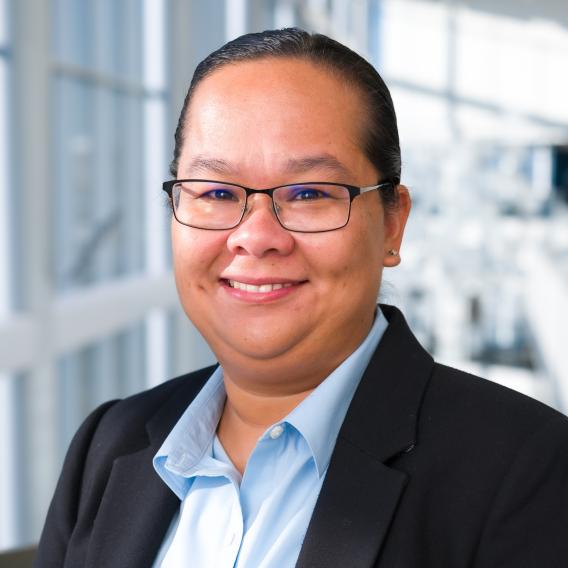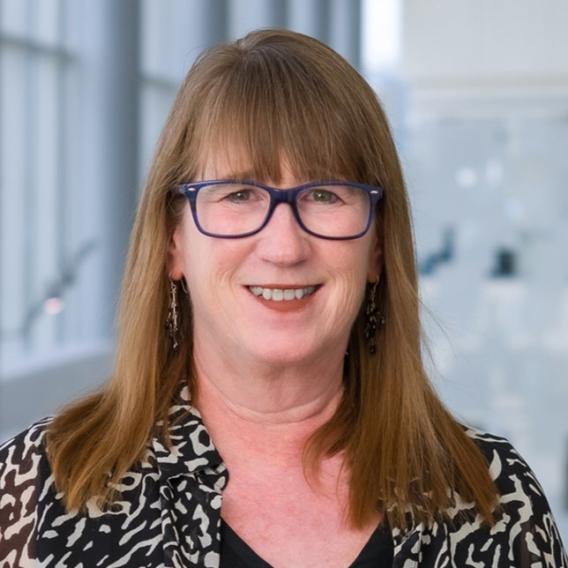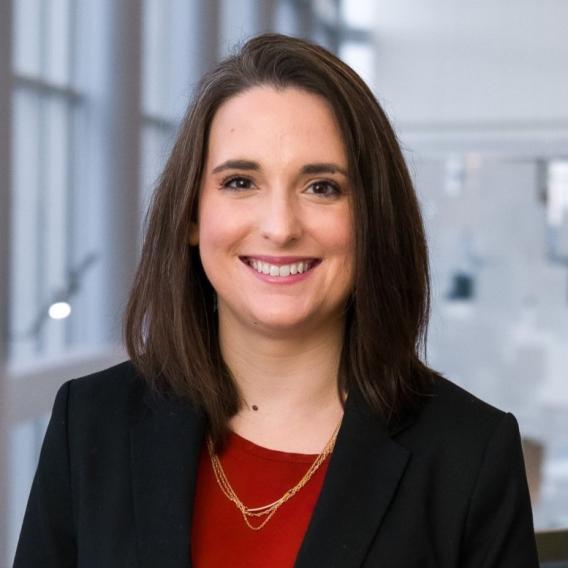Advancing Research in Mood Disorders
Continued advancements come through tireless pursuit, and our Center's faculty and staff understand that the commitment we renew each day is built upon a foundation of scholarship and a network of like-minded organizations. By sharing our findings worldwide, we strive to improve patient care and further the research momentum of our fellow scientists. Made possible by public grants and philanthropic investments, these programs provide civic and health partners with resources and tools to better prevent, identify, and treat depression in individuals of all ages.
Meet Our Faculty
The CDRC has faculty members with expertise in neuroimaging, cognitive and behavioral phenotyping, biospecimens, exercise, biostatistics, genetics, adolescent behaviors, research, novel treatments, and addiction.
Through scientific research and rigorous peer review, we have expanded our understanding of depression.
E. Rabia Ayvaci, M.D.
Assistant Professor | Psychiatry
Thomas Carmody, Ph.D.
Professor | Population and Data Sciences | Psychiatry
Cherise R. Chin Fatt, Ph.D.
Assistant Professor | Psychiatry
Jane A. Foster, Ph.D.
Professor | Psychiatry
Lynnel Goodman, Ph.D.
Assistant Professor | Psychiatry
Manish Kumar Jha, M.B.B.S
Assistant Professor | Psychiatry
Abu Taher Minhajuddin, Ph.D.
Professor | Population and Data Sciences | Psychiatry
Karabi Nandy, Ph.D.
Associate Professor | Population and Data Sciences | Psychiatry
Sidarth Wakhlu, M.D.
Professor | Psychiatry